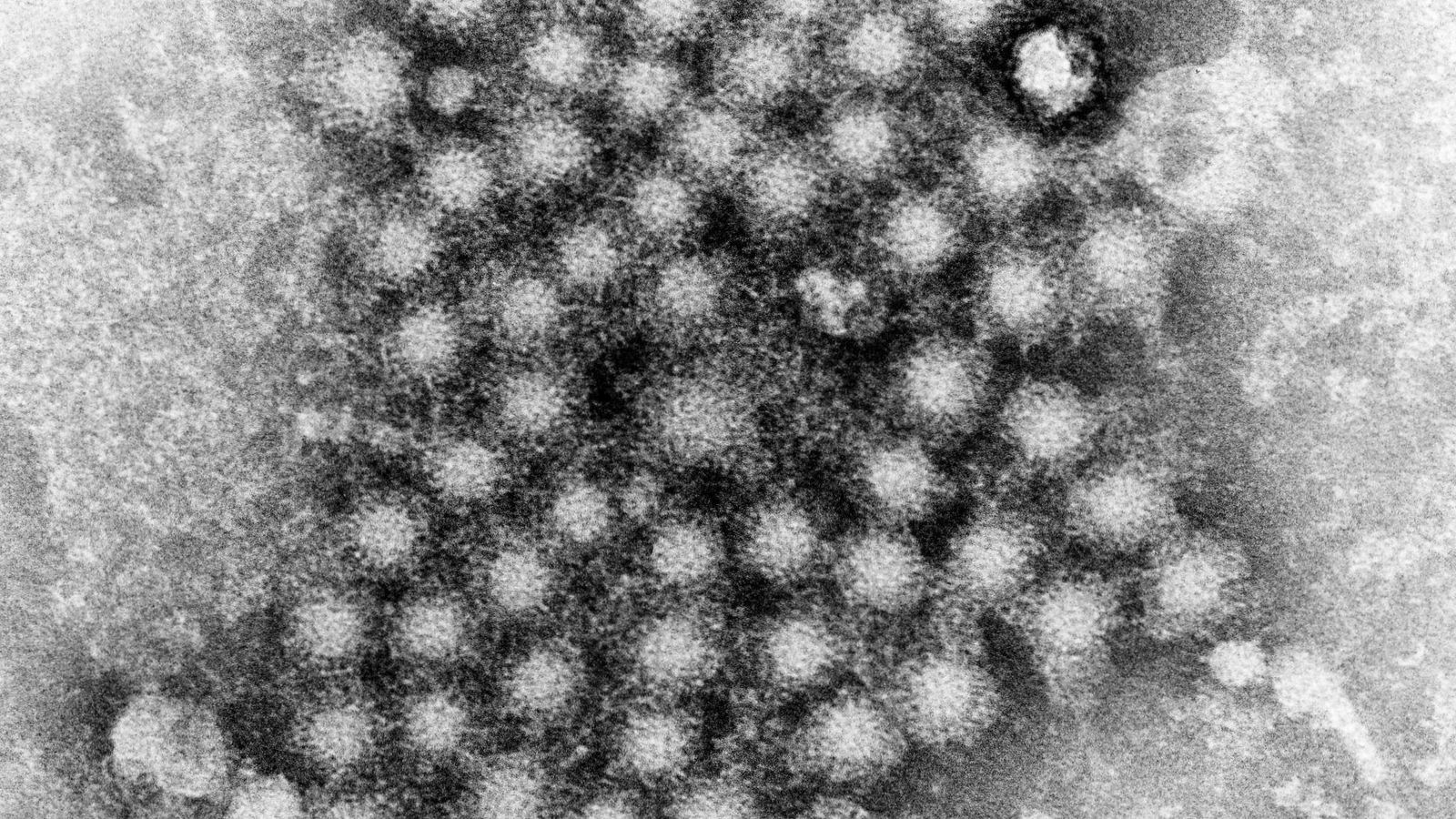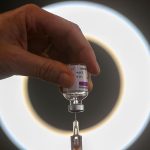Health officials continue to investigate a spike in hepatitis cases among children under the age of 10 across the UK as they consider a “number” of possible causes.
At least 74 cases are now under the microscope and parents are being urged to be alert to the signs of the illness, which in some cases can cause scarring of the liver or a loss of liver function.
The UK Health Security Agency (UKHSA) said it is examining 49 cases in England, 13 in Scotland and 12 across both Wales and Northern Ireland, all of which have occurred since January.
One potential line of inquiry is whether or not a group of viruses called adenoviruses may be causing the illnesses.
Jaundice (yellowing of the eyes and skin), dark urine, itchy skin, muscle and joint pain, loss of appetite and a high temperature are among the symptoms of hepatitis.
Dr Meera Chand, director of clinical and emerging infections at the UKHSA, urged parents to be alert to the signs of hepatitis amid the rise in cases.
She said in a statement: “We are working swiftly with the NHS and public health colleagues in Scotland, Wales and Northern Ireland to investigate a wide range of possible factors which may be causing children to be admitted to hospital with liver inflammation known as hepatitis.
Third of GPs plan to quit in next five years, study suggests, as doctors face ‘intense workload’ after pandemic
Two new drugs to tackle superbugs that ‘will save many lives’ on the verge of being available to NHS patients
More than third of cancer patients in England, Wales and Scotland diagnosed in A&E, study shows
“Normal hygiene measures such as good handwashing, including supervising children, and respiratory hygiene, help to reduce the spread of many of the infections that we are investigating.
“We are also calling on parents and guardians, to be alert to the signs of hepatitis, including jaundice, and to contact a healthcare professional if they are concerned.”
Officials stressed that there is “no link” to COVID-19 jabs as none of the children affected have received a coronavirus vaccine.
The UKHSA said that adenoviruses are a family of common viruses that usually cause a range of mild illnesses – including colds, vomiting and diarrhoea – and most people recover without complications.
While they do not typically cause hepatitis, it is a known rare complication of the virus.
Adenoviruses are commonly passed from person to person and by touching contaminated surfaces, as well as through the “respiratory route”, the UKHSA said.






















